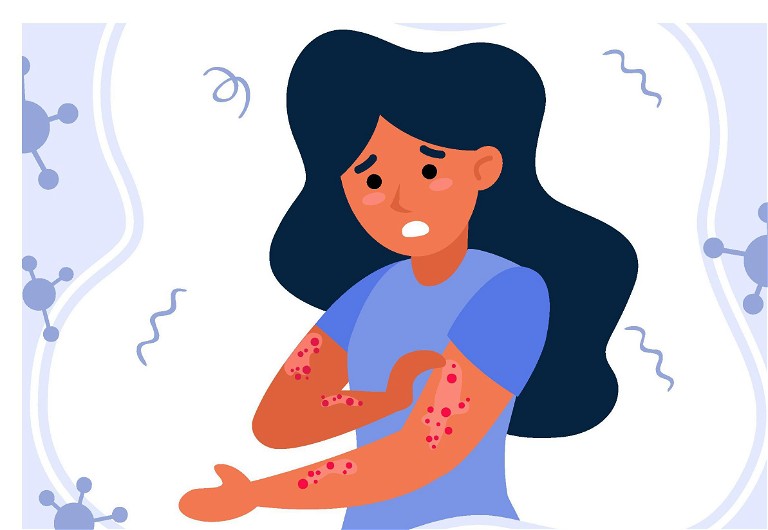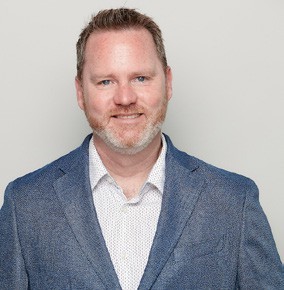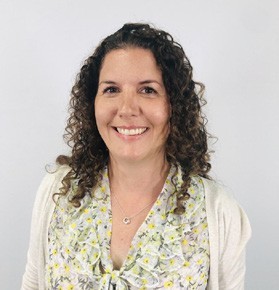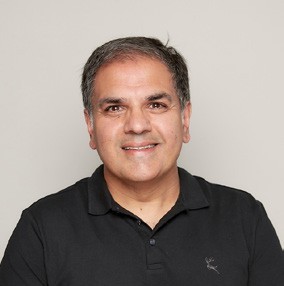SKIN DISEASE TREATMENTS
Dermatologically speaking: Finding new treatments for women
Pharmafile sat down with the team at Organon to unearth the different ways that women’s dermatological conditions can be successfully supported and managed
Pharmafile: What is the future plan for expanding the range of treatments available to women with dermatological conditions?
Simon Nicholson, Managing Director UK&ENI Cluster: Essentially, we are a women’s health company built on three pillars: women’s health, biosimilars and established medications. We have a strong foundation of more than 60 medicines across a range of areas including contraception, reproductive health, menopause, cardiovascular disease, dermatology, allergy and asthma, to name a few.
Our mission is to deliver impactful medicines and solutions every day for every woman. Our focus for the future is not limited, but our commitment remains to listen to women and identify areas of unmet need. This will drive our investment and our future portfolio.
How does dermatitis and other skin conditions affect those suffering from them?
Manjit Aujla, Lead Established Brands & Biosimilars UK-ENI: Dermatitis and other skin inflammatory conditions can have a real impact on self-esteem and confidence, and in extreme cases the psychological impact can be far reaching with some people experiencing depression and anxiety. 1 A person’s long-term well-being can be impaired by skin conditions. These can have a profound effect on all aspects of people’s lives, including personal relationships and social engagement. Improvements in awareness of skin conditions, and access to specialist services including psychological interventions, can be helpful in both treating and coping with many skin conditions. 2

What would you say is the greatest challenge faced by women suffering from skin conditions?
Faye Sheen, Brand and Customer Manager UK and Ireland: It is very difficult to talk about one single challenge that women with skin conditions face as every part of their life can be affected – including relationships, careers, self-confidence, mental health, and in some cases, this could have an indirect impact on wider family members quality of life. 3
Depression and anxiety are probably the greatest challenge for women suffering from skin conditions as this can affect women’s ability to work and study, and can have a major impact on family and social life. Women with skin conditions may want to cover up or shy away from social interactions.1
What are the priorities in this area?
Simon Nicholson: It is now five months since we launched Organon, and we launched with a commitment to identify the unmet needs in the women’s health space, by really listening to women and all our key stakeholders. We have continually sought the views of women through many channels, and it is clear there are a number of significant areas of unmet need in both the provision of solutions to treat conditions which specifically affect women, but also those which have a disproportionate effect on women. The biggest challenge for us moving forward will be to prioritise our efforts and ensure we are supporting women in the areas of greatest need, at the right time and in the right way. An example of this is the impact of COVID-19 on sexual health services, which in turn impacted access to contraception and resulted in a substantial increase in unplanned pregnancies across the world.
“ The biggest challenge for us moving forward will be to prioritise our efforts and ensure we are supporting women in the areas of greatest need, at the right time and in the right way ”
On World Contraception Day, we partnered with The Faculty of Sexual and Reproductive Health to shine a light on the challenges that women have faced through this disruption, and as part of a major initiative to improve access to LARCs, we have been pioneering the development of a new treatment pathway in Liverpool. By igniting the conversation around contraception, we hope to empower women with the knowledge that they need to understand the contraceptive options that are available to them.
More recently, on World Menopause Day, we listened to women between the ages of 40-60 – undoubtedly a time in a woman’s life that can be really challenging. Our survey results confirmed that although there is still need for further education, when women feel supported, it can also be a time of real empowerment and a milestone that positively opens the door to the next chapter of their lives.
Our next major milestone is International Women’s Day on March 8. We will be continuing to give women a voice, and continuing to listen so that we can make a material difference and create a better, and healthier, every day for every woman. This is just the beginning for us as a women’s health company. There is much more to come.

Simon Nicholson is the Managing Director of the UK & ENI Cluster at Organon, with over 14 years of experience in the pharmaceutical industry. Simon is committed to making life better for each and every woman.

Faye Sheen is the Brand and Customer Manager UK and Ireland at Organon. Faye has a strong focus on supporting women, ensuring that women’s voices are heard, and is keen to make sure that Organon reflects what women want.

Manjit Aujla is the Lead of Established Brands and Biosimilars UK & ENI at Organon, with over 13 years of experience in the pharmaceutical industry. Manjit has a particular interest in multi-channel marketing and integration.